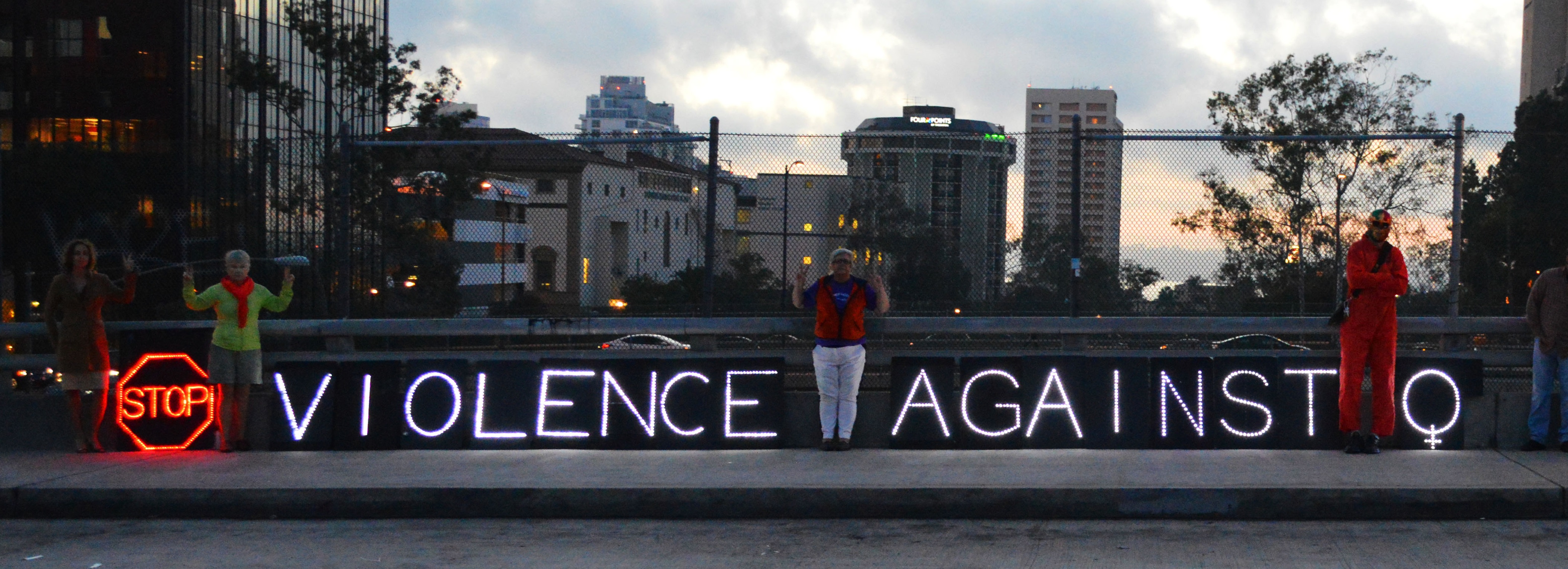I Support Survivors of Gender-Based Violence. Here’s Why I Can’t Vote for the Tories
by Ammaarah Zayna
7 December 2019

I work with some of the most vulnerable people in our society and have done for some time. These women come from every race, religion, walk of life and economic status, united only in their experiences of abuse.
There is no ‘face’ to gender-based violence because it truly does impact everyone. With one in four women and one in seven men affected at some point in their lives, it’s an issue that should be on every party’s agenda. Yet the Conservatives’ failure to recognise violence against women and girls (VAWG) is simply beyond my understanding.
The work of the VAWG sector is not only unrecognised, but undermined by the government. Morally, this leaves me conflicted. I am left telling women to report their abuse to government organisations that don’t even validate their experience. I am forced to tell young people to ask for help from services facing closures.
Across the VAWG sector, we are terrified about the consequences of another Conservative regime. Having a blatant anti-feminist at the forefront of their campaign is the clearest message that we as women and marginalised members of society do not matter. As they cut our services and slash our funding, they reinforce a hierarchy between those whose lives matter, and those whose do not.
The hostile environment introduced by Theresa May is one of the most undeniable forms of state violence this country has seen in years. It has led to the death and destitution of thousands of migrant women and their children, with authorities choosing deportation over safeguarding by limiting who has the right safety. From blocking their access to refuge, to implementing compulsory Home Office reporting within support services, the attack on migrant women is vicious and relentless.
Women deemed as having ‘no recourse to public funds’ make up a third of all survivors. With nowhere to turn, they are left with nothing, with even specialist organisations (such as those supporting BME women) being shut down. Marginalised voices are not silenced but stolen, with their cries for help repeatedly ignored by governing bodies. Working in this sector is a brutal wake-up call to ways in which the government abandons its most vulnerable citizens, while valuing migrant women’s passports before their lives.
Much of the work in my sector goes unnoticed, but recent media coverage has improved public understanding of some of the work that goes on. This is particularly true in the case of refuges, which are supposed to be safe houses and sanctuaries for women in desperate need of safety.
In a society so plagued with gender-based violence, refuge provision should be a given, yet only one fifth of refuge applications are successful. Instead, refuges are constantly left fighting for funding and unsure if and when they will be forced to close. Legally, any woman with children in this country cannot be made homeless as a result of domestic violence. Her local authority is responsible for rehousing her and her child immediately, under section 17 of the Children Act. The money to support this, however, is immensely insecure.
The Domestic Abuse Bill, which asked for statutory funding for all local authorities to provide this housing, was abandoned first due to Boris Johnson’s prorogation of parliament and then by his decision to call a general election. The promise to end the ‘postcode lottery’ has therefore fallen flat, leaving women so afraid of homelessness that they instead choose to stay trapped in abusive relationships. I cannot help but wonder how many women and children will die as a result of these decisions. How many girls will die through neglect? Abused first by their perpetrators and then again by the state – this is not a society I want to live in.
The words “our waiting lists are full” and “we’ve reached full capacity” plague my nightmares. These situations are horrific and unbelievable, but they are a reality for the majority of organisations that support survivors of gender-based violence. In the midst of a rape crisis, our national centres were forced to shut their phone lines and stop taking referrals. Not out of a lack of people desperate to help, but because there was no funding to keep them open. The VAWG sector has been bruised by Conservative austerity, but for too many of the women who depend on us, it has cost their lives.
The general election occurs at the end of the UN’s annual 16 days of activism against gender-based violence. Despite this, I am yet to see a single commitment to tackle violence against women and girls from the Conservative party that is believable and genuine. The Labour manifesto talks about gender equality as an achievable goal and is committed to ensuring no woman is turned away, whilst the Conservatives offer a set of criteria about exactly who it is that deserves support. They pick and choose the women whose lives are worth saving whilst forcing us to abandon the rest.
Gender-based violence will not end overnight, but shutting our doors has never been the answer. Young people are now the demographic most at-risk of experiencing domestic violence, and Labour proposes to give children the education they need to enter the world aware of how to protect themselves. My sector saves lives and Labour are the only party who I believe will allow us to continue doing this.
I simply cannot and will not support a party that denies vulnerable women access to safety and support. They have already experienced abuse once. We cannot let it happen again.
Ammaarah Zayna is a writer and activist who works in the VAWG (violence against women and girls) sector.